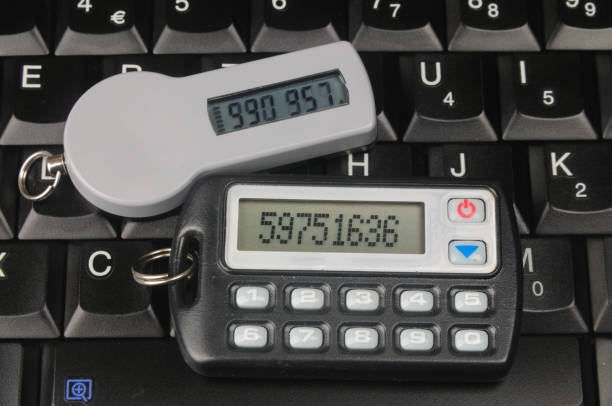Beyond Passwords: The Rise of Passkeys and What It Means for Security in 2025
Passwords have long been the weakest link in cybersecurity. In 2025, the world is rapidly shifting towards passwordless authentication, with passkeys leading the charge.
What Are Passkeys?
Passkeys are a secure and user-friendly way to log into websites and apps without needing to remember or store a password. Instead, they use cryptographic key pairs—one stored on the device, the other shared with the app or site. Authentication is usually done through biometrics like fingerprints or facial recognition.
Big Tech Adoption:
- Apple, Google, Microsoft have fully rolled out passkey support in browsers and devices.
- Major platforms like PayPal, Amazon, and GitHub now allow passkey login.
Why Are Passkeys Better Than Passwords?
- Unphishable
Passkeys can’t be stolen through phishing attacks since they are tied to your device and not manually entered. - No Reuse Risk
Unlike passwords, there’s no chance of reusing a weak or compromised credential across multiple sites. - Faster Login
A simple Face ID or fingerprint can log you in securely in seconds. - Device-Synced
Passkeys sync securely across devices using encrypted vaults (e.g., iCloud Keychain or Google Password Manager).
Challenges to Adoption
- Legacy Systems still relying on passwords must be upgraded or reworked.
- User Education is required to shift habits and build trust in a new system.
- Cross-platform Compatibility still has a few gaps, though improving rapidly.
What Businesses Should Do Now
- Enable passkey support on all customer-facing applications.
- Educate users on the benefits and security of passwordless login.
- Audit legacy systems and create a migration roadmap.
At i4, we work with businesses to implement next-gen authentication protocols that keep systems secure and users happy.
Final Thought:
Passkeys represent the future of digital identity. Ditching passwords isn’t just safer—it’s smarter. Embrace the shift with confidence and let i4 guide your transition to passwordless security.


